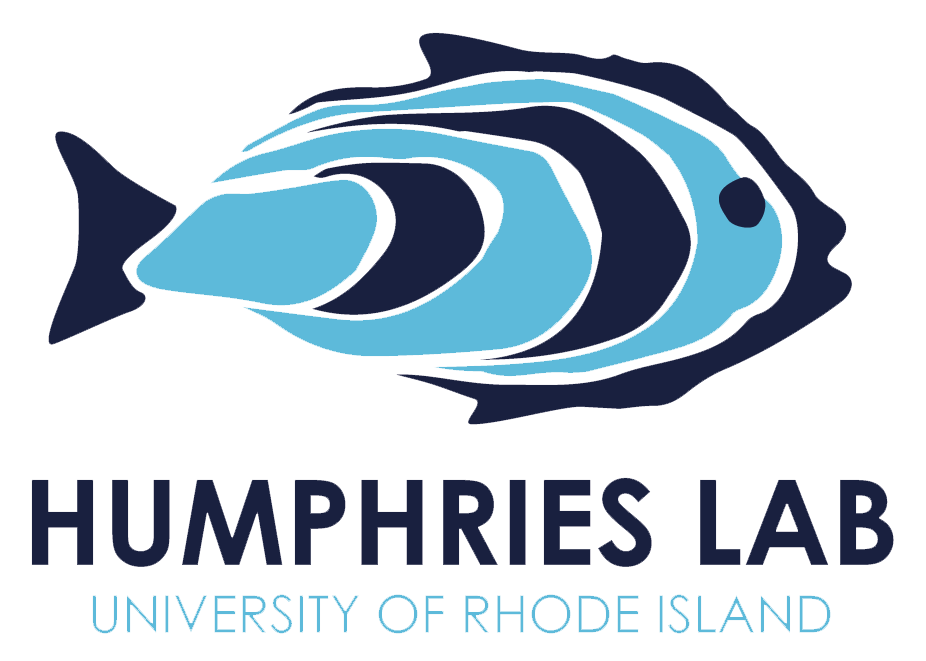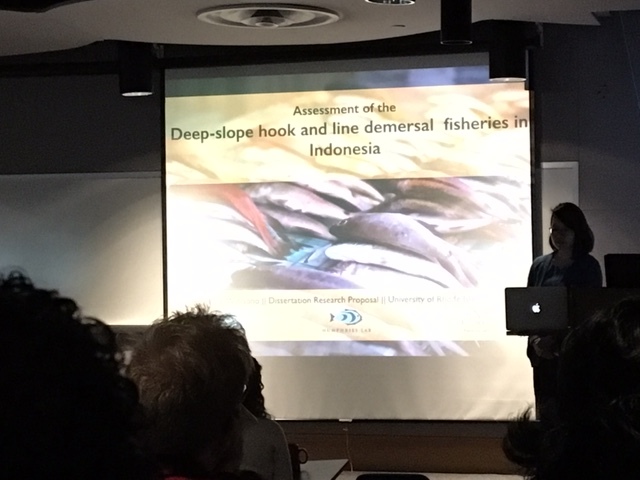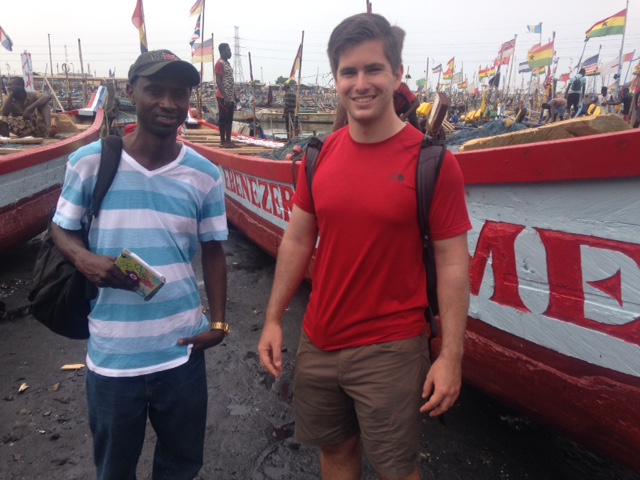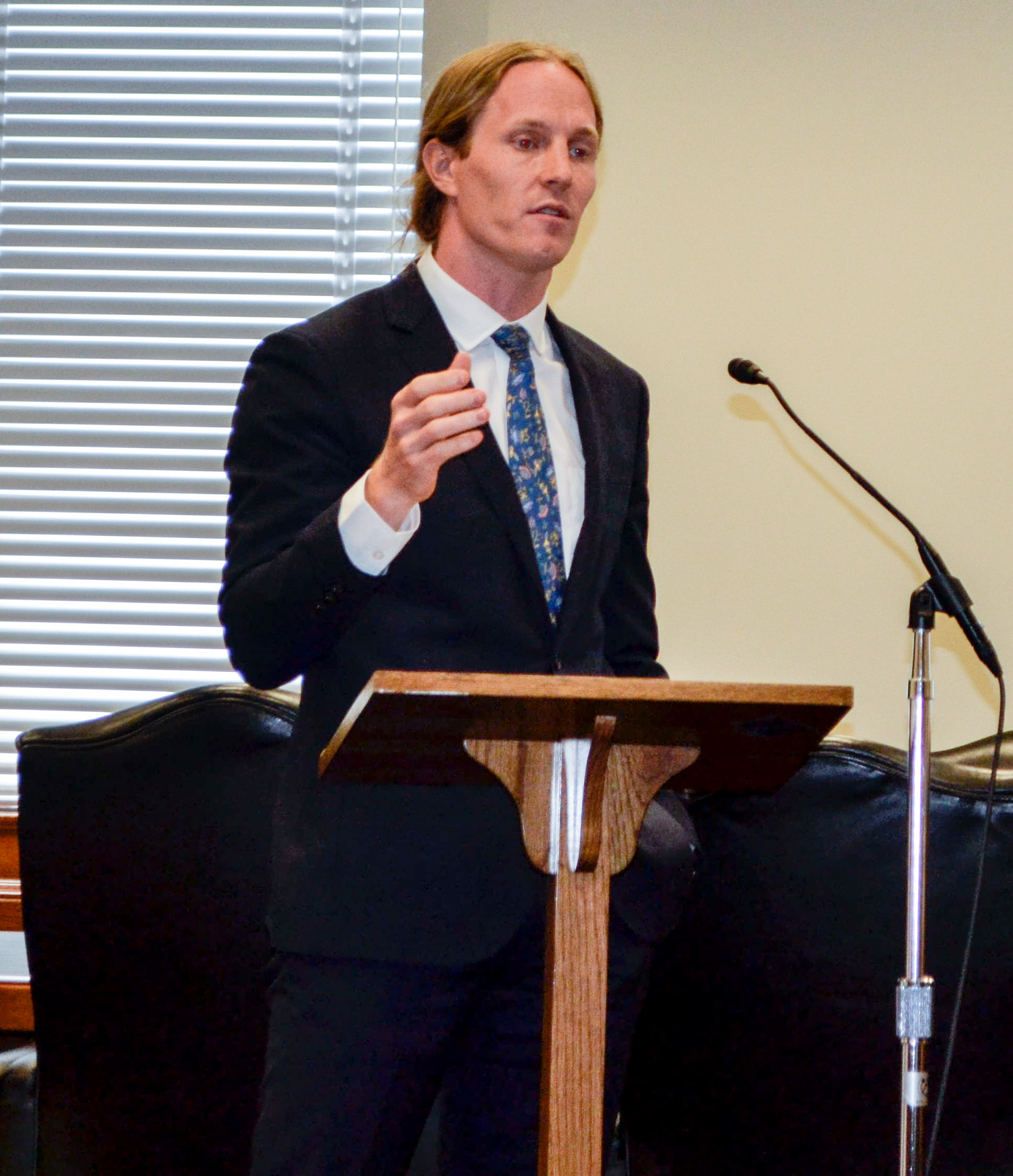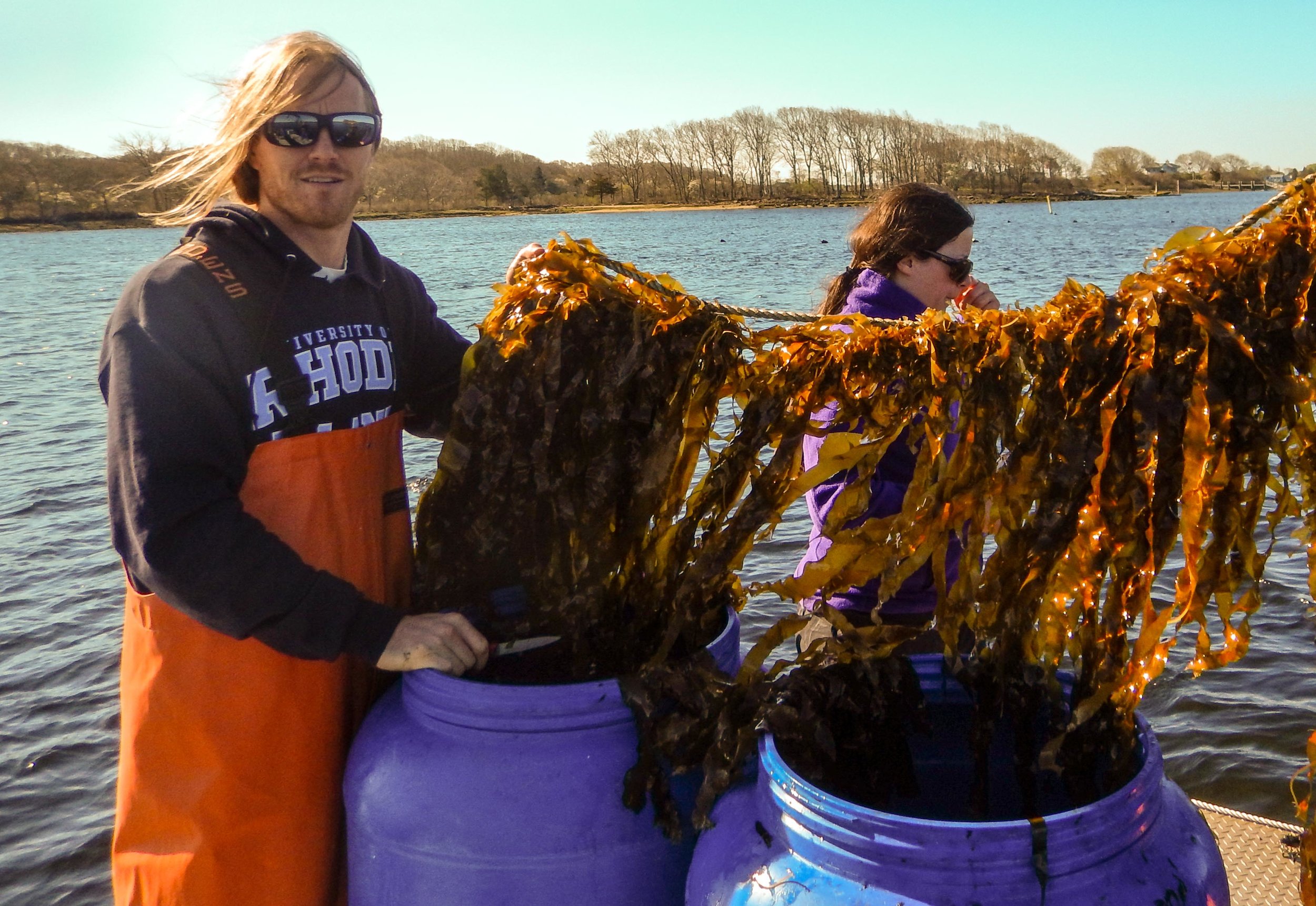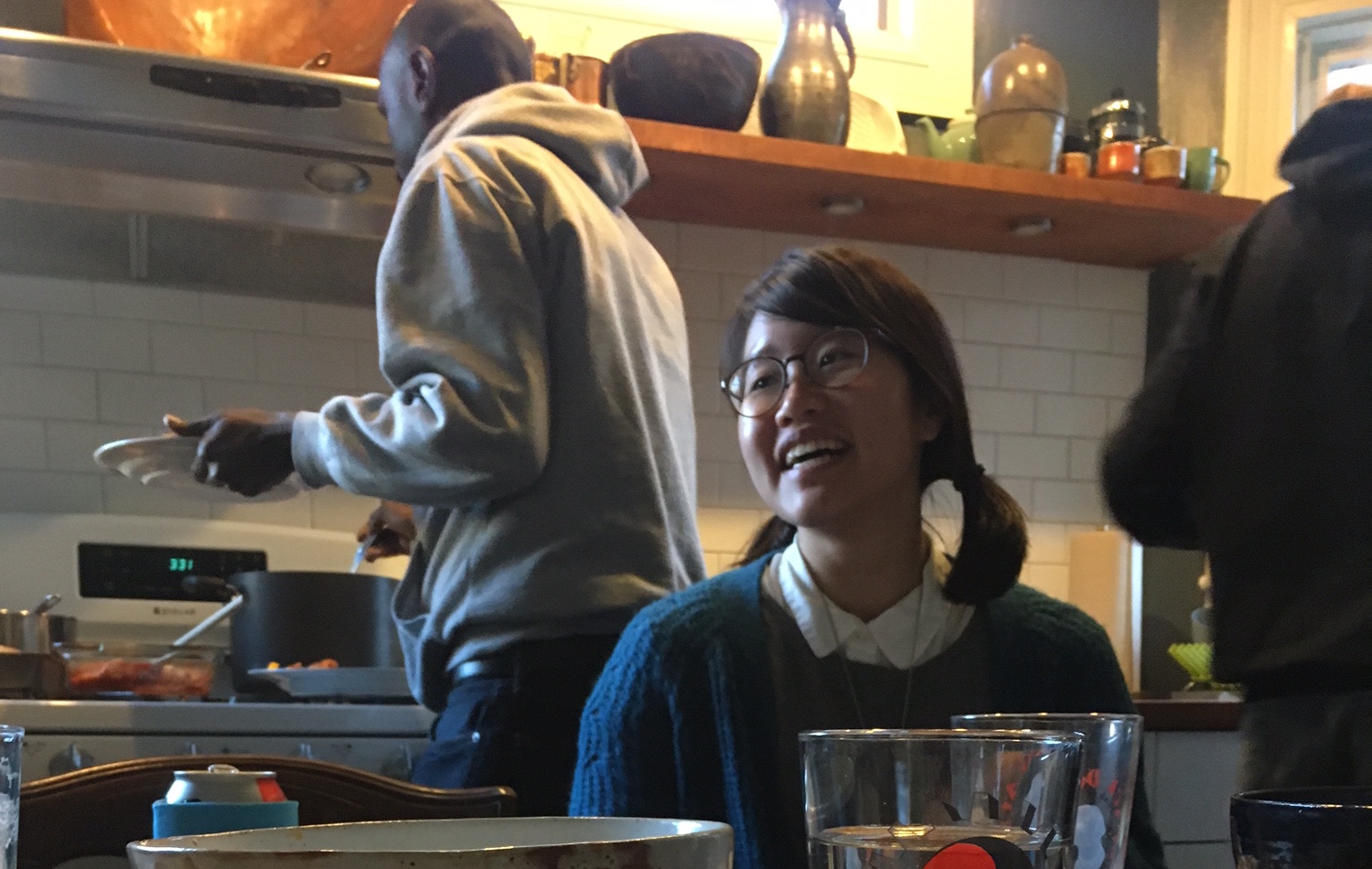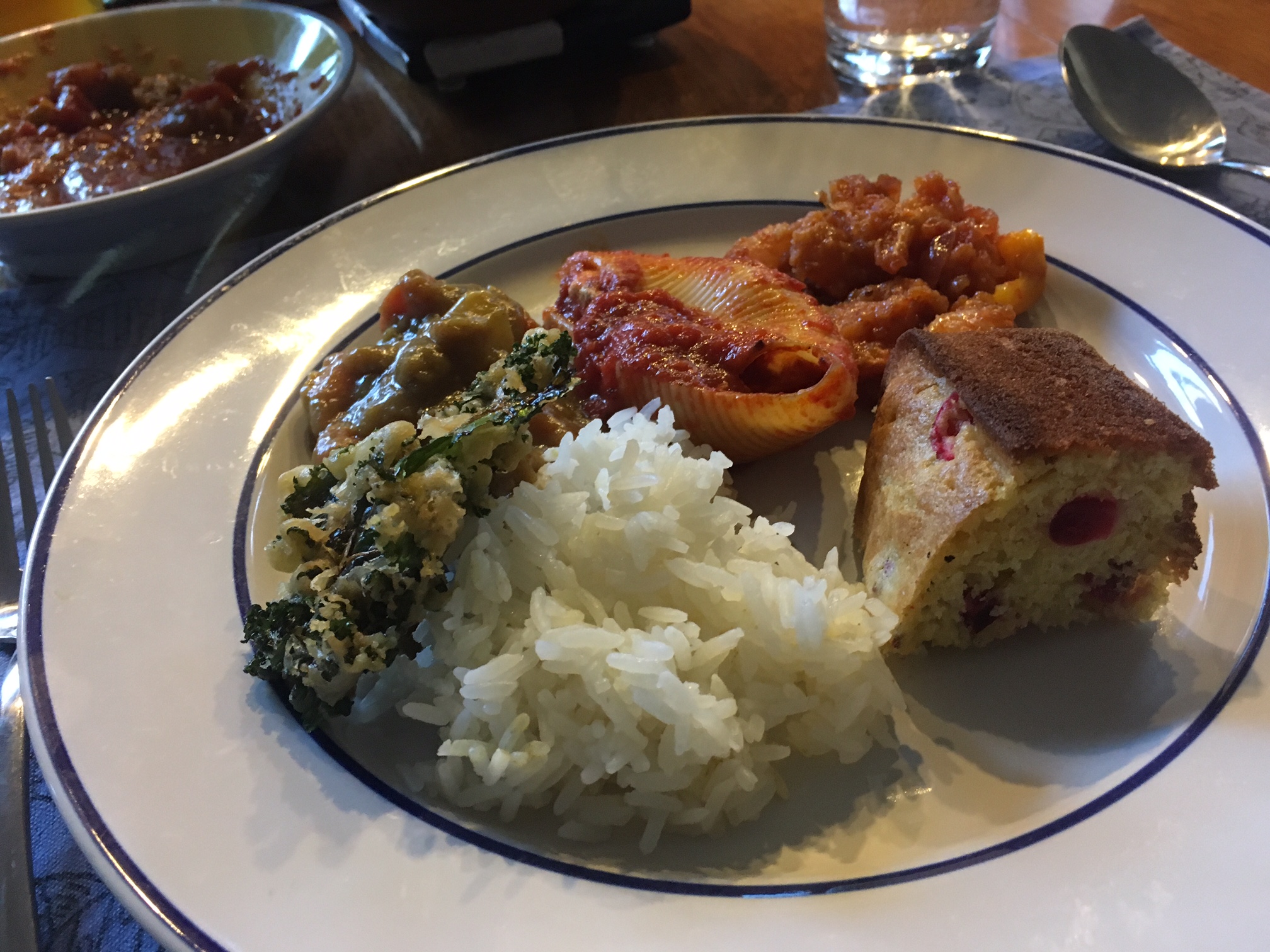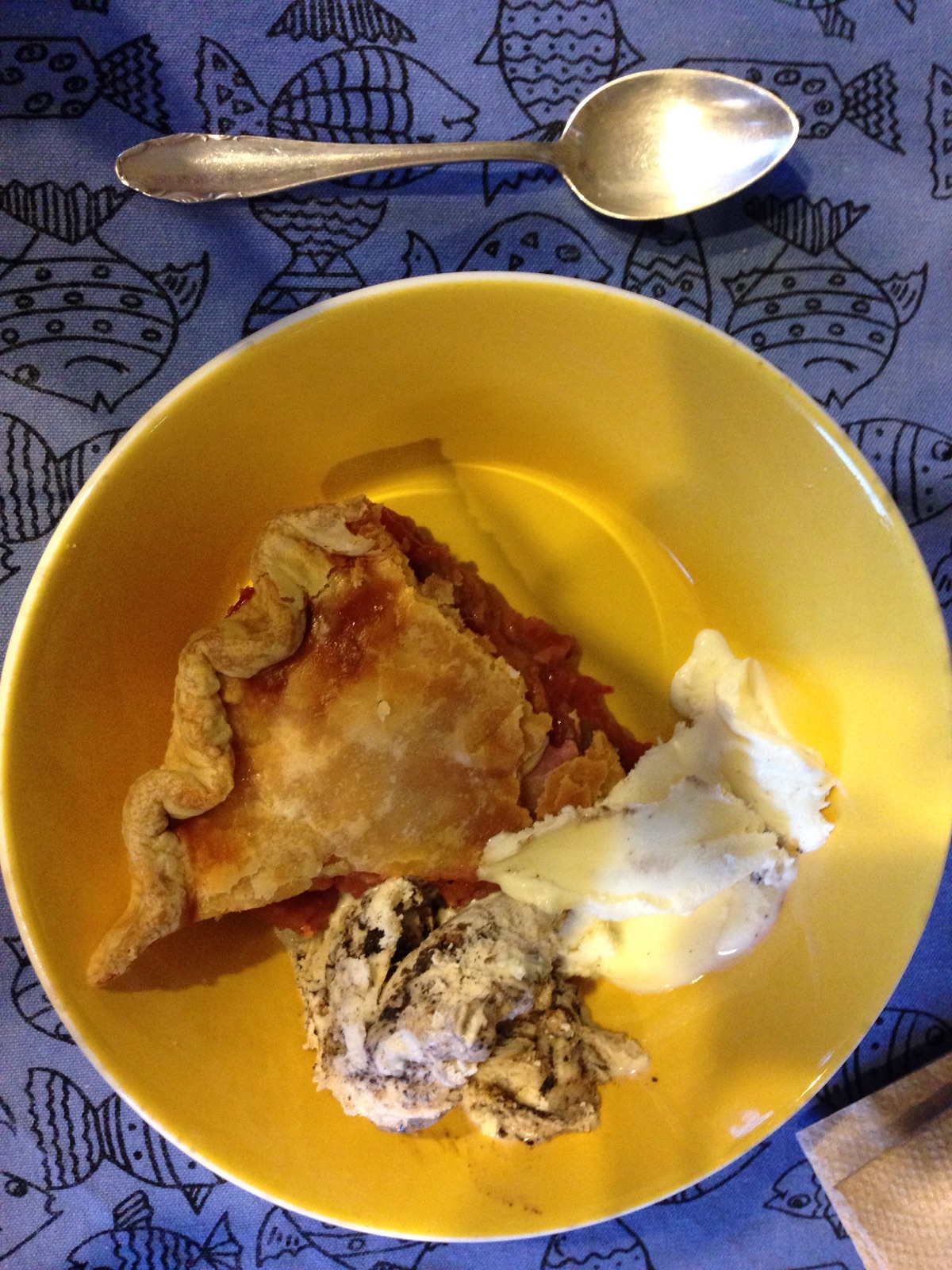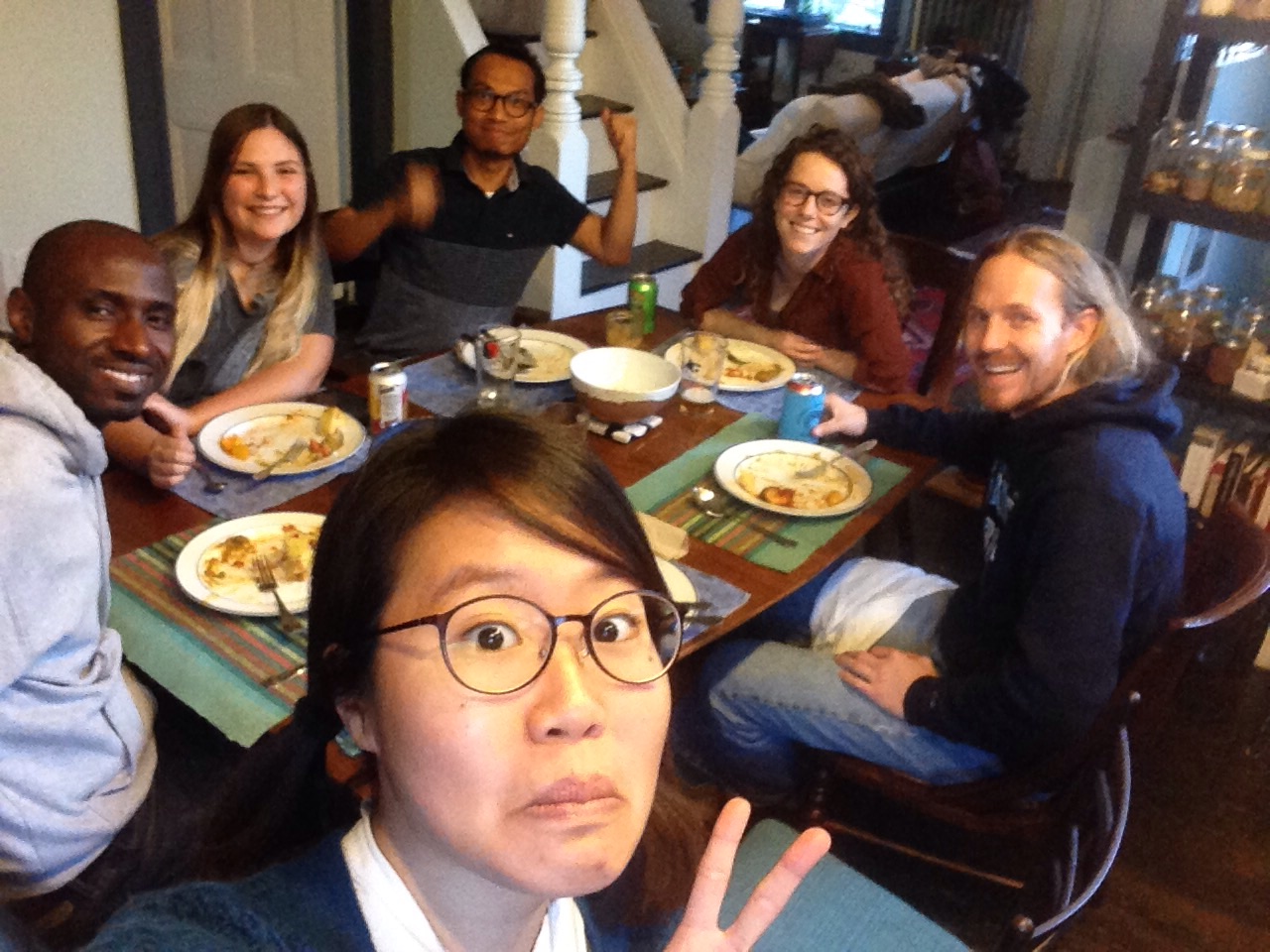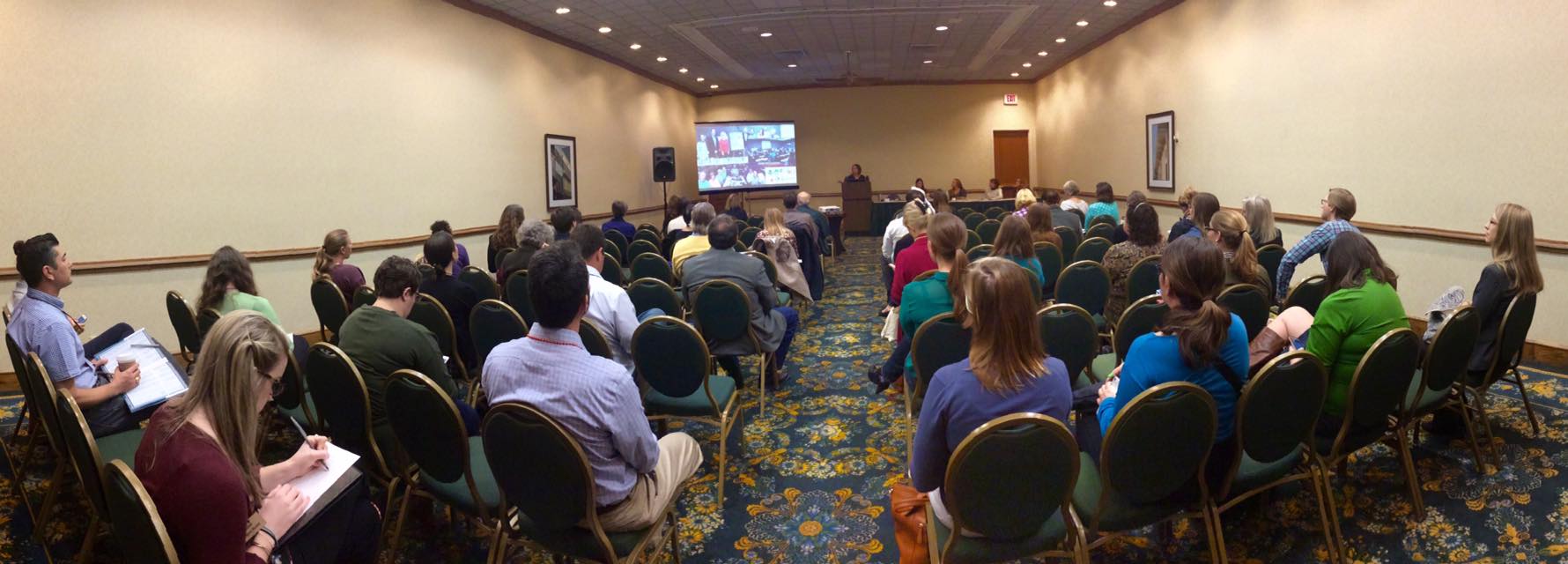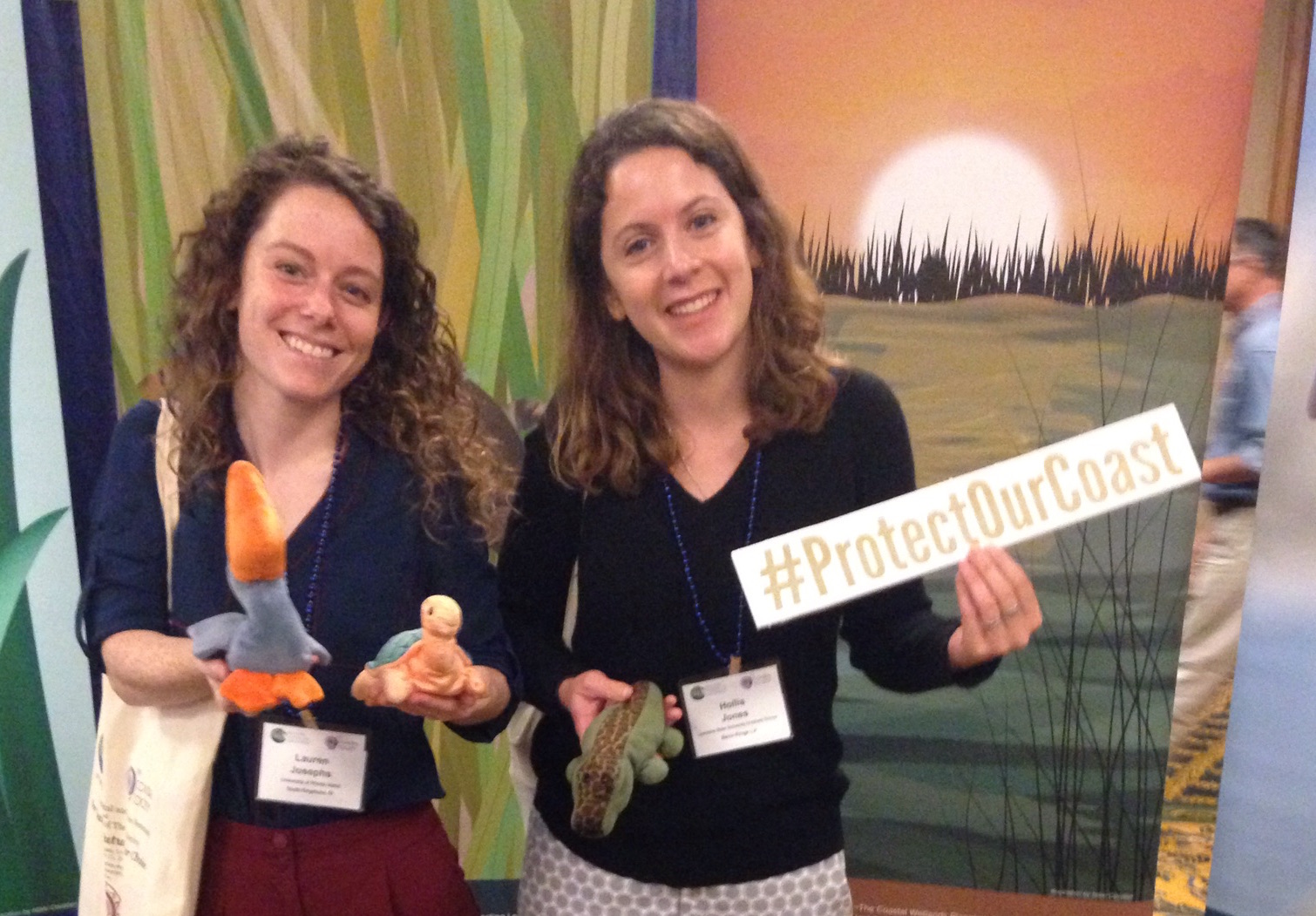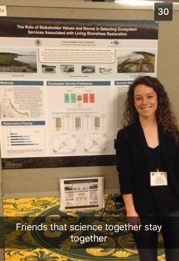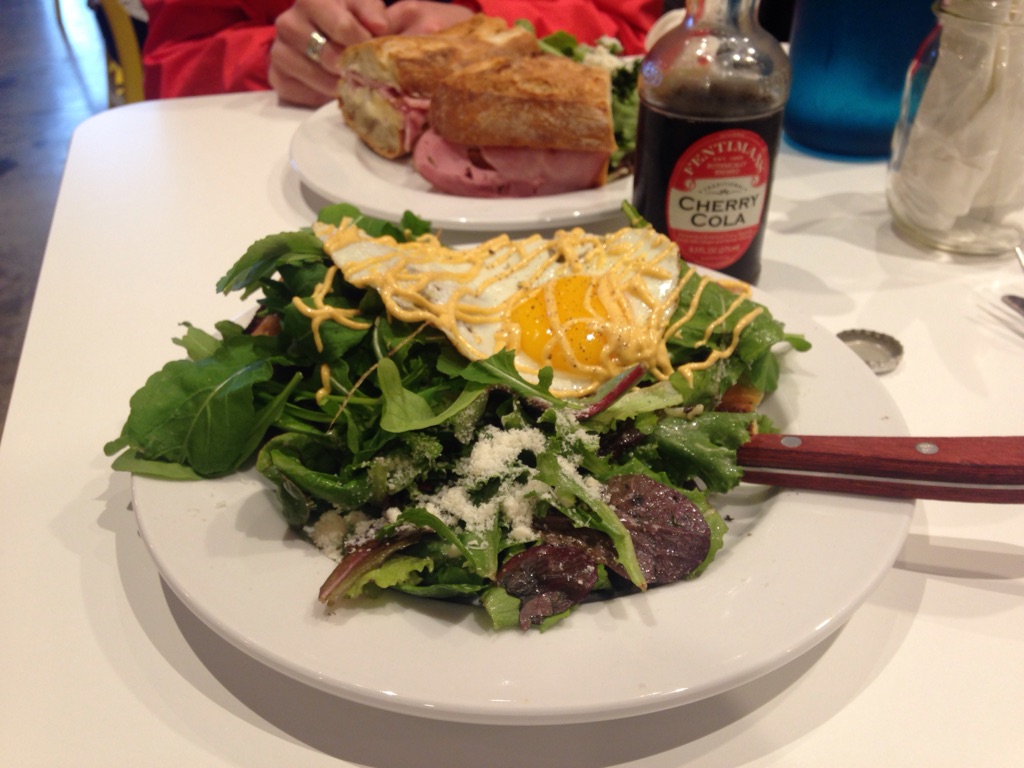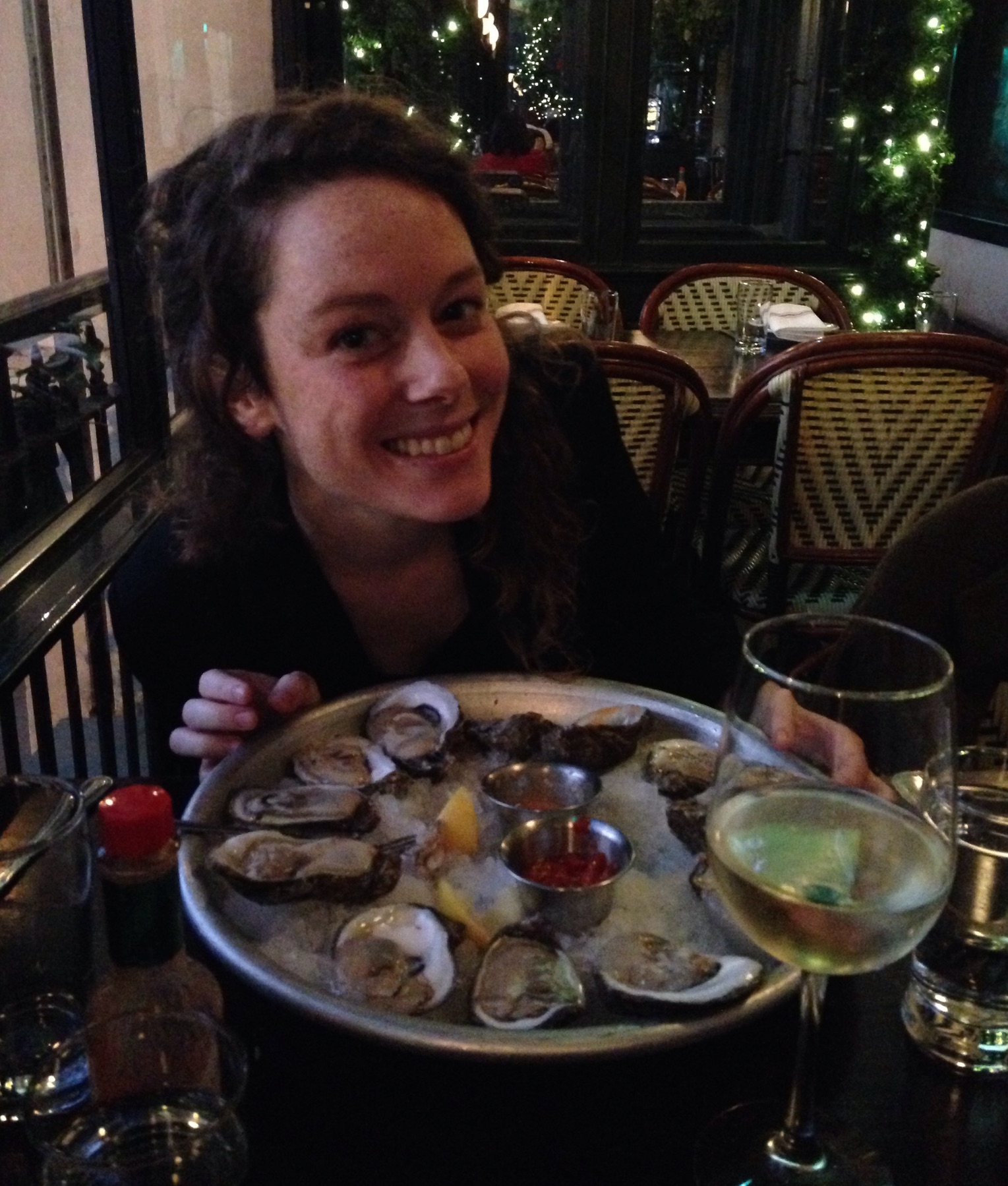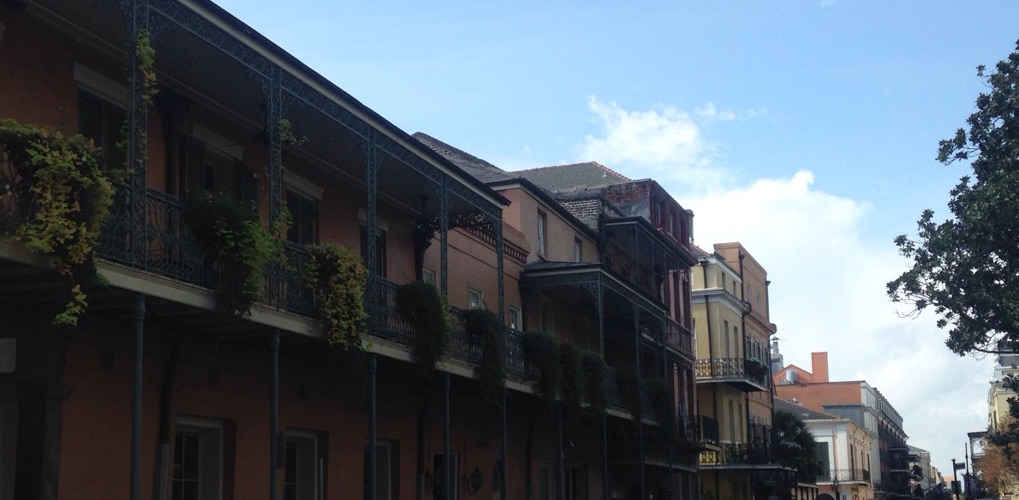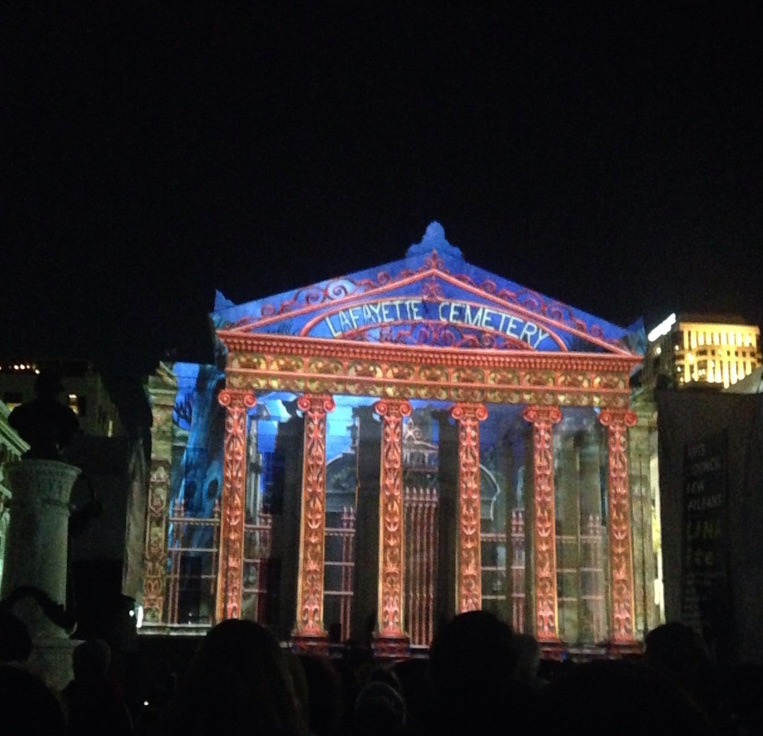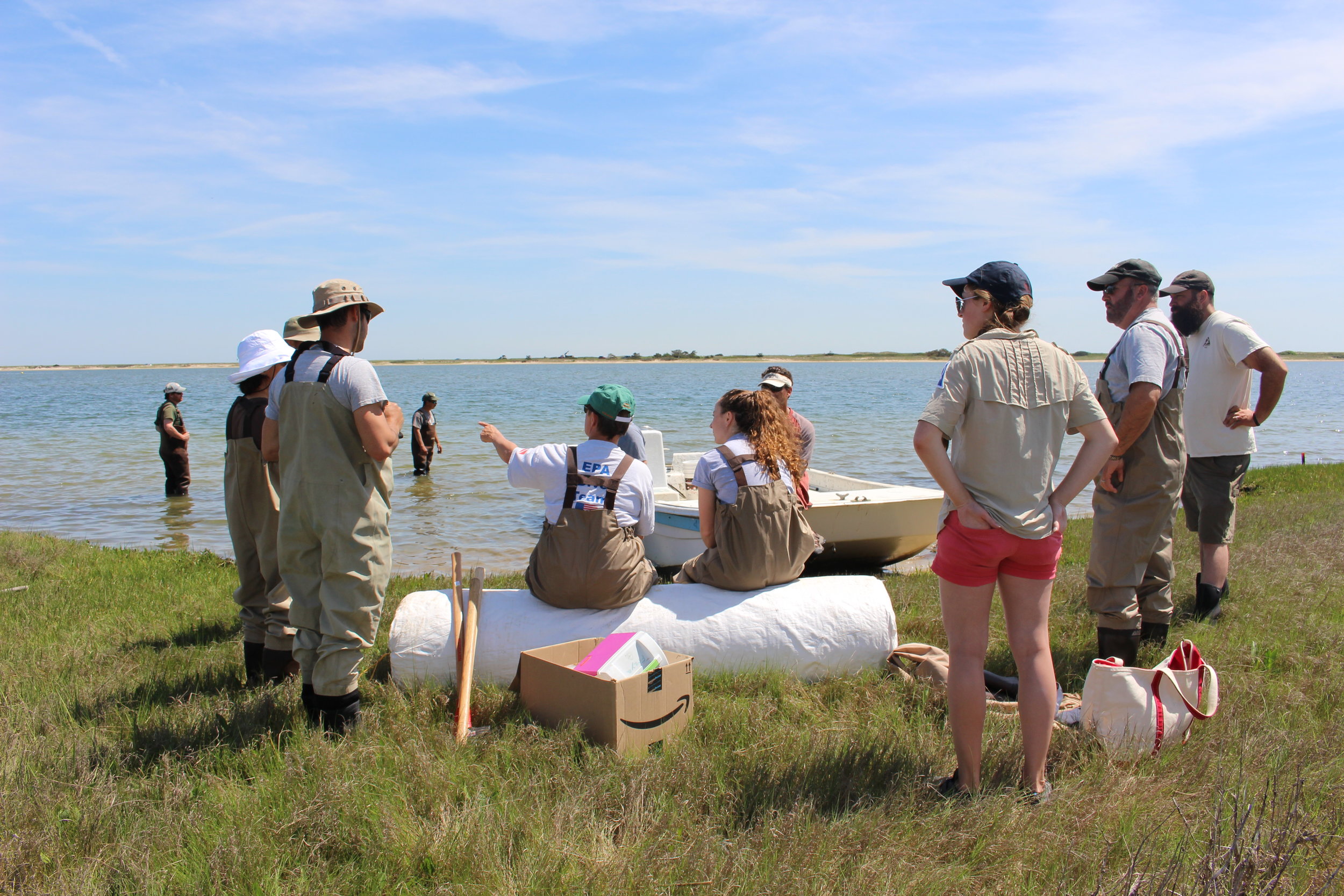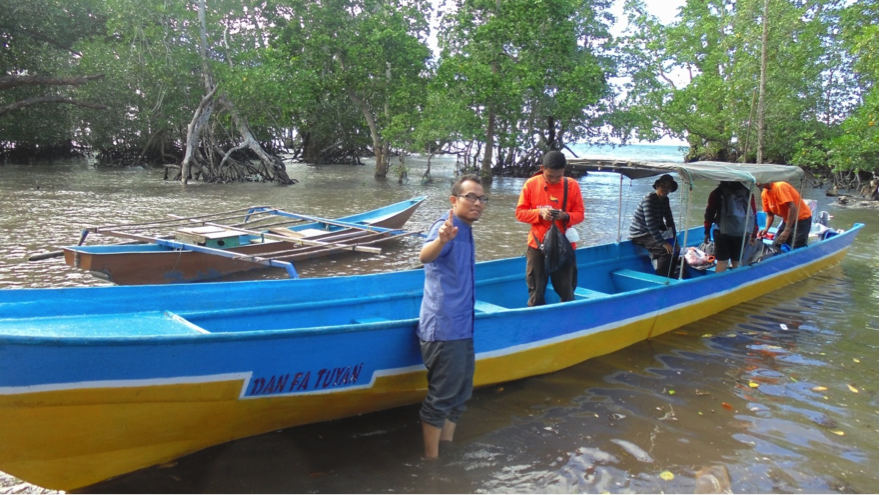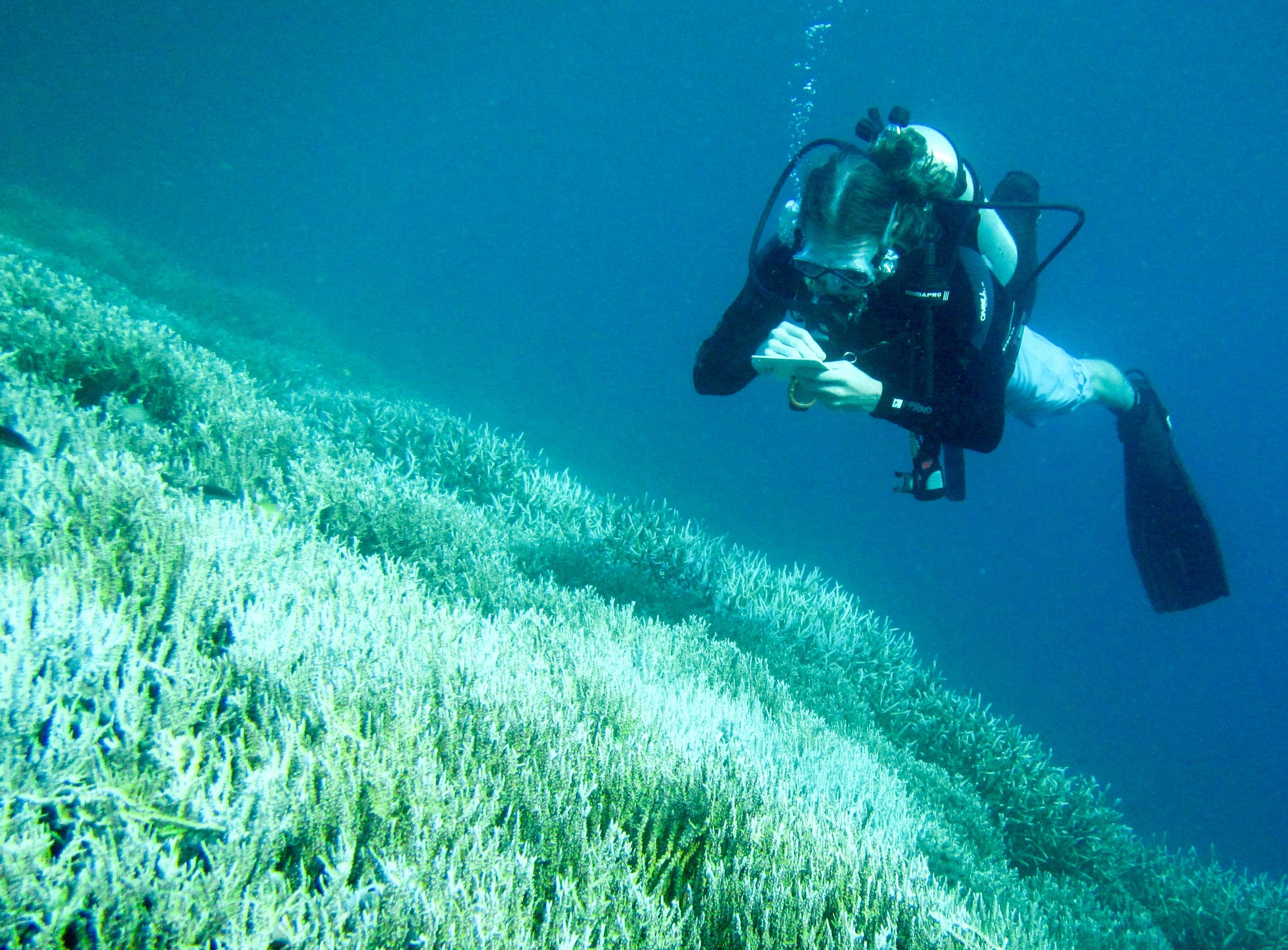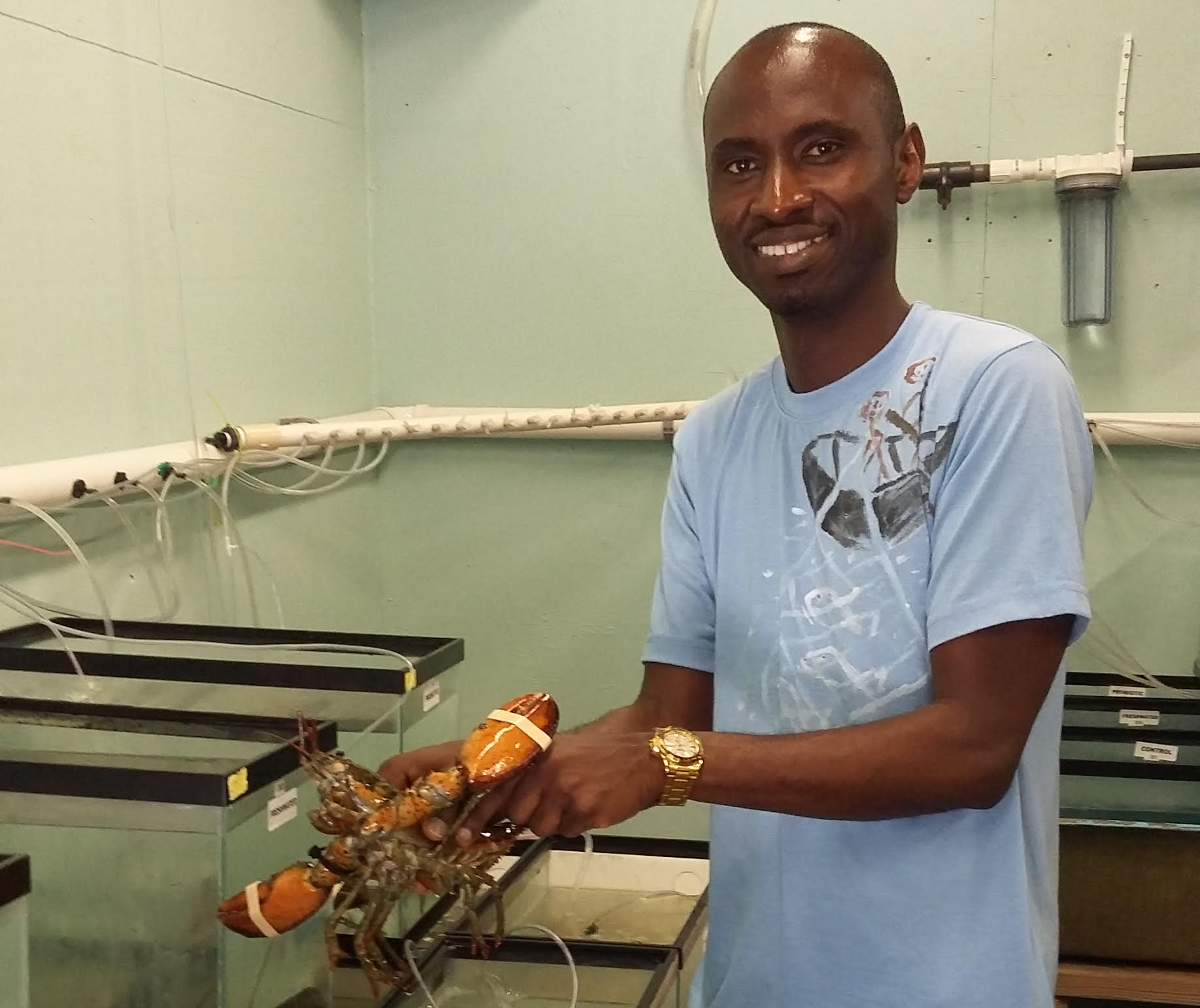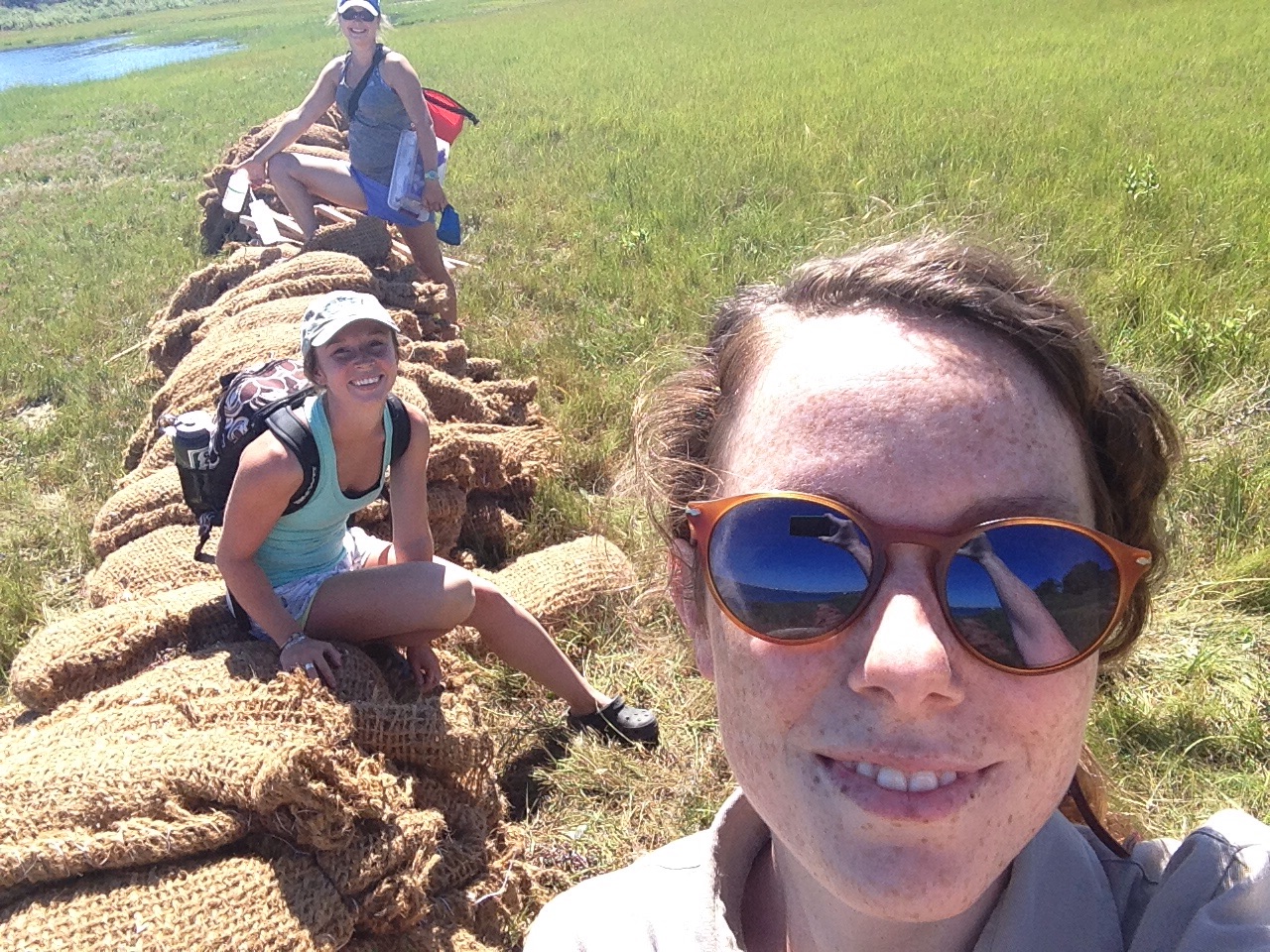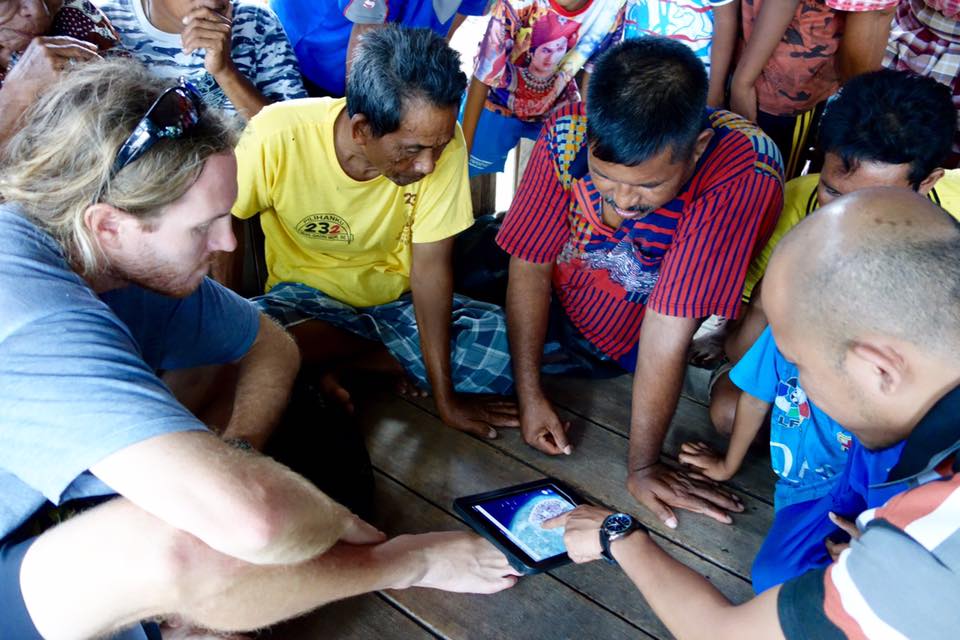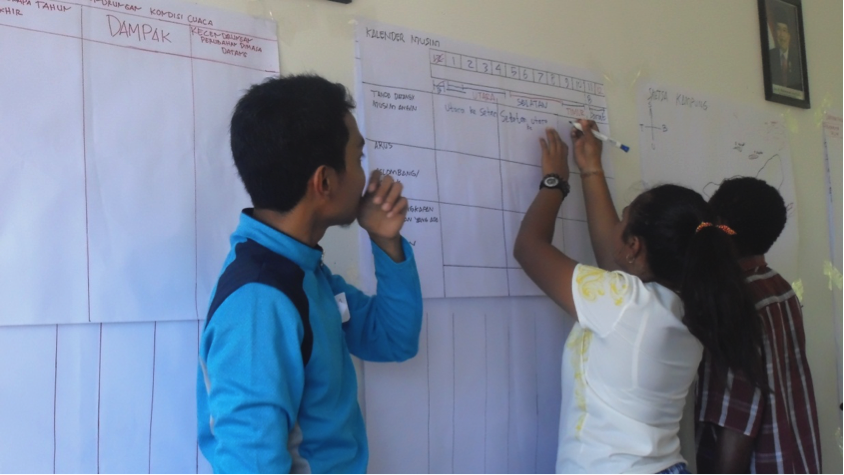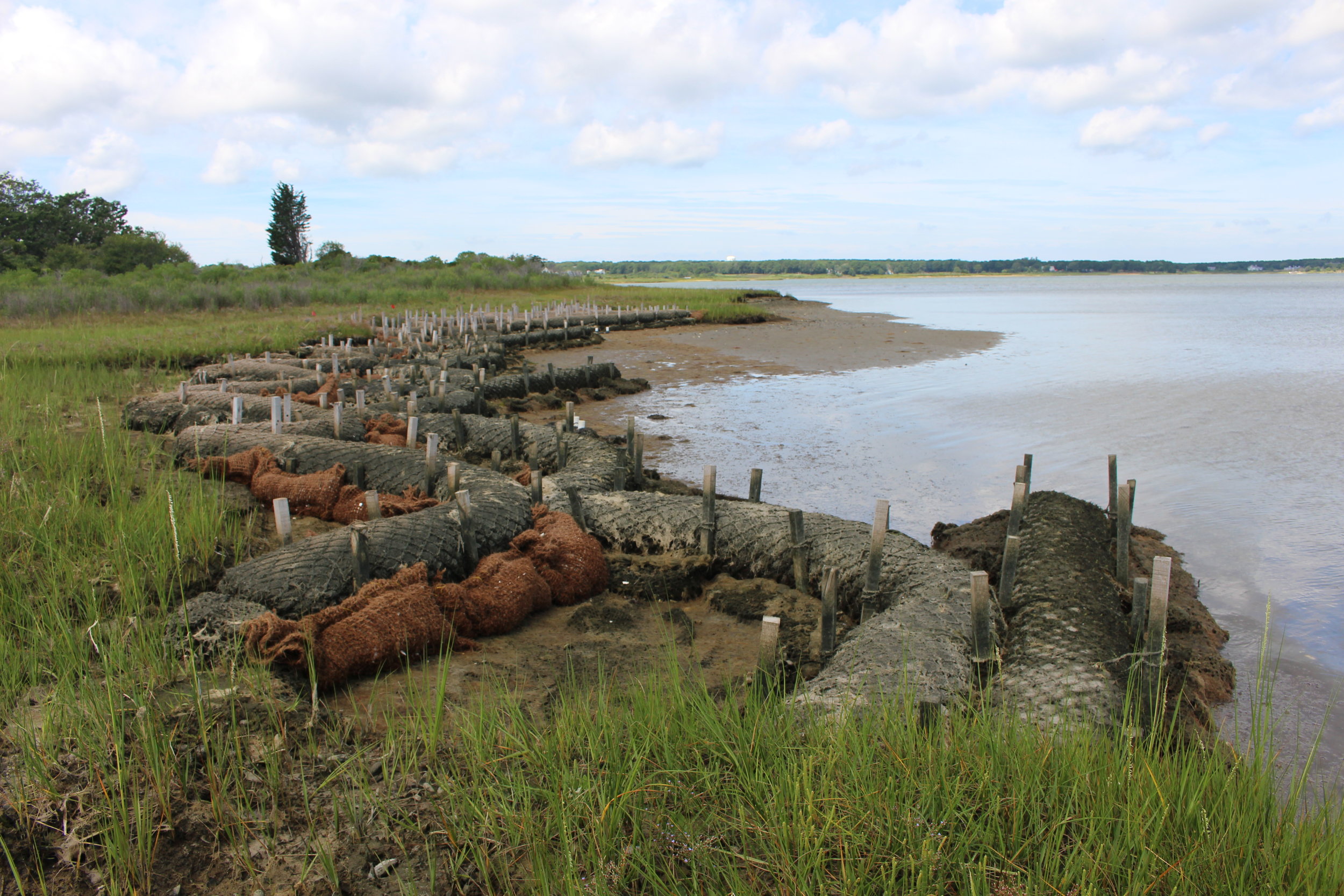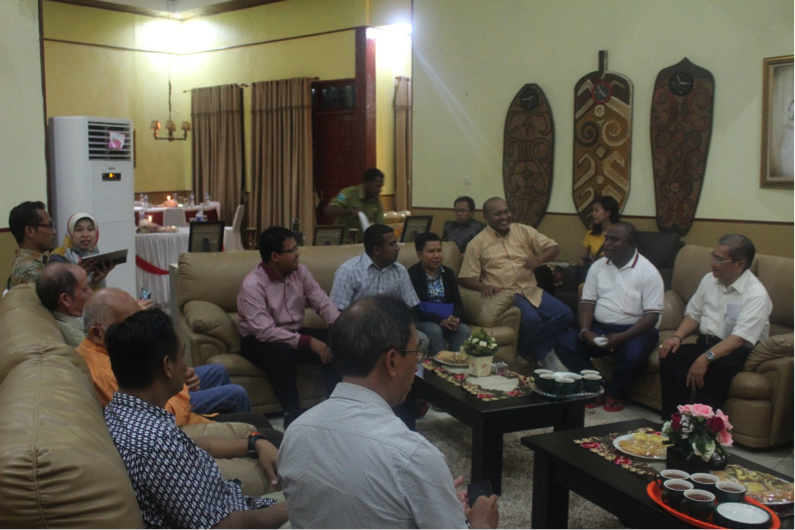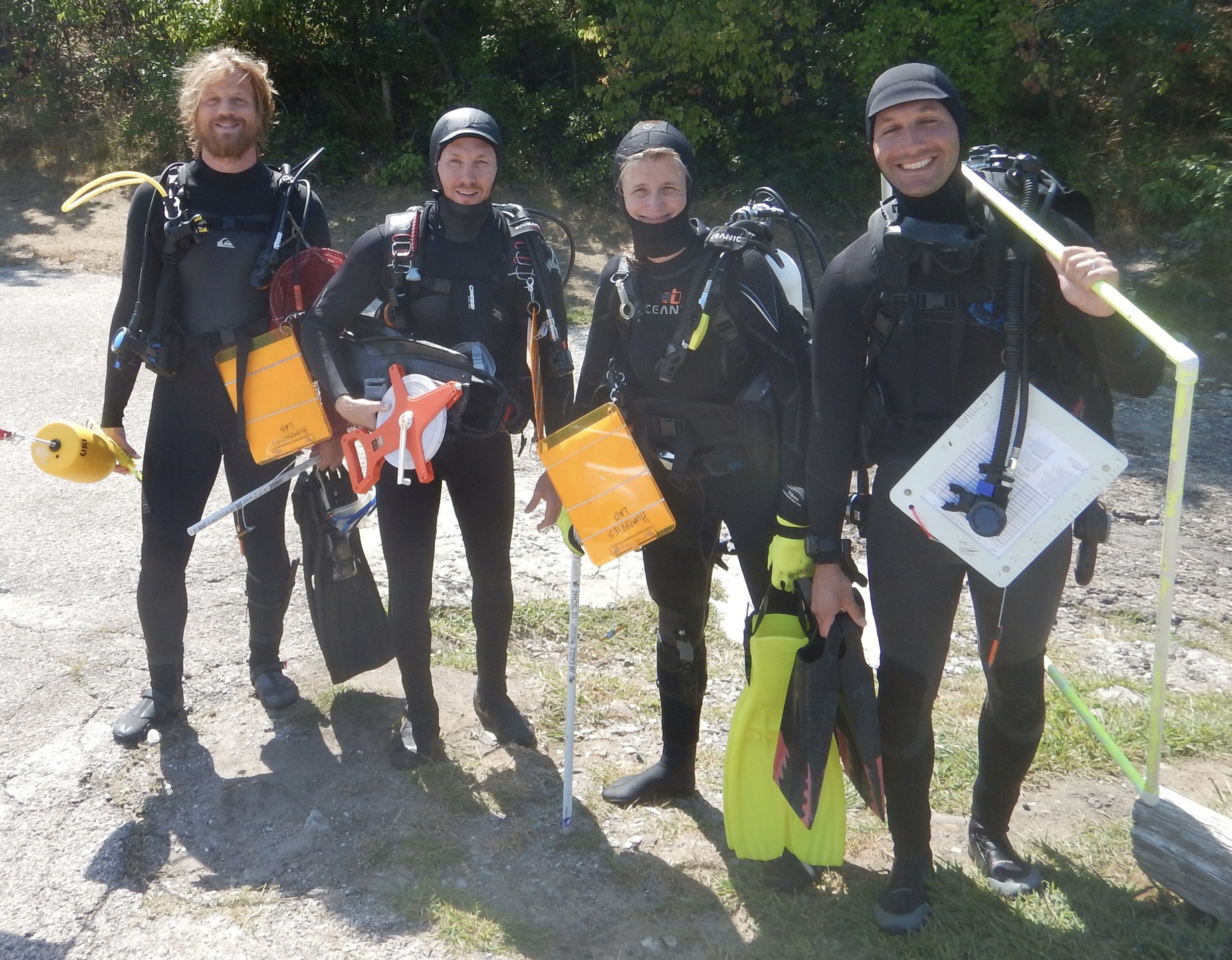The Humphries Lab just wrapped up spring semester at the University of Rhode Island. For some folks, it is the mark of a second semester, for some it is the mark of a second year. Spring is constantly about transitions- the ebbing away of the cold New England frost, the growth of friendship, and the cyclical nature of discovery, mistakes and rediscovery.
This Spring, as a lab, we discovered a penchant for delectable potato chips (uh-oh), wakame (seaweed) salad, and for Diky’s cooking to fuel our research. But to balance out the junkiness of potato chips, we sacrificed Paul to be our vegan witch. A lot of things have happened this semester, from an epic bowling night to a hotpot barbecue picnic to papers being published, grants being funded and proposals being…. proposed. Some exciting, some sad, but all are positive. The most important discovery is the bond we share with each other that transcends science and research. The amount of lab love and pride is ridiculous.
Bose headphones are compulsory in the Woodward office.
Here is a recap from all members of the Humphries Lab (in order of height):
Lauren Josephs (almost Masters). Code name: Mama Loren, plant whisperer. Lauren is the Humphries Lab OG -- she was at the conception of the Humphries Lab. She is very very close to finishing up her master degree. With her thesis defense looming ahead, she has been working relentlessly, and she spontaneously learned how to use 5+ new software programs in an attempt to analyze her results and make dope figures. But she is not just all about dope figures, she also keeps the plants in our lab alive by moving them around for maximum sunlight exposure in our dark basement office. In addition, she presented results from her thesis at an annual Massachusetts Audubon Society Conference and in NRS seminar. Lauren also participated in the Science March, volunteered for SMILE (an education outreach program), and submitted an abstract to present at the Coastal and Estuary Federation Conference in Providence.
Lauren's farewell haiku:
The Humphries O.G.
Parting is such sweet sorrow
Mad World, here I come
Elle likes lab selfies!
Elle Wibisono (PhD student). Code name: Elle. Elle is finally settling in Rhode Island this semester. She is finally feeling more at home, which means that the quiet shy girl in lab is no longer there. Out goes the shy facade, and in comes the rambunctious cackle. Last spring, she worked on refining the research questions for her dissertation chapters, learned Bayesian statistics, and learned coding in R and Python. As someone with very little to no knowledge in coding, she was constantly amazed by little wins in making sensible plots in R. She presented her research proposal on deep-slope snapper and grouper fisheries in Indonesia. This summer she will be in Bali, Indonesia doing field work and hopefully some cycling and ocean swimming.
Diky (PhD student). Code name: Superdiky. This semester Diky has been spending every waking minute working on his proposal, doing literature review and arranging committee meetings. And cooking. Diky’s food is delectable to say the least. He also introduced the whole lab to Kendric Lamar’s new album, which very quickly became the lab’s research soundtrack. He also coined the lab’s catch phrase: “That’s ok… fine” (said in 10x human speaking speed). This summer, he will continue to tabulate fieldwork landing/catch data, do data analysis and take his comprehensive exam to advance to candidacy. (Good luck Diky!)
Jack Girard (Undergraduate student). Code name: jack who is john, the dancer. Jack hid his identity as a John the whole semester. As a research assistant, Jack learned how to use R and tinkered with a data set provided by Austin. He filtered, organized, and calculated statistics on Bontosua data and even made figures. Jack graduated this semester and ready to take on the real world. He graduated with a dive regulator as his cord because Jack is quite awesome like that. In addition, Jack is a newly certified SCUBA instructor and received a prestigious award for graduating top of his class in Marine Biology. Jack's memorable moment as part of the Humphries Lab: The look of concern and shock on Elle's face when she learned my name was John and when I almost perfectly hit the regression line for pin the tail on the Donkey.
Jack's farewell haiku:
The Humphries lab wow
Adventurous silly chill
Departing goodbye
Jack diving in Narragansett Bay, RI.
Katie (Masters student). Superlative: coolest lab member. For those who are unaware, Katie’s research subjects are sharks, which automatically gives her +15 cool points. We would also catch her saying ridiculous things like, “yeah, I’m gonna go dive with some blue sharks”. We are not jealous Katie. We are not. After this semester, she is finally done collecting blue shark vertebrae and aged nearly 230 vertebrae! This summer she will analyze her data and work on the shark migration portion of her thesis. She will also be working on a shark cage diving boat and going to shark tournaments as a volunteer for the National Marine Fisheries Service.
Evans (PhD student). Code name: Evans. He successfully completed his coursework and his research proposal. Evans’s ticket to return to Ghana was contingent upon the acceptance of the research proposal by the graduate school. But to all of our relief, it was accepted, and all is well. Besides conducting research on fish, he teaches the rest of the lab, Ghanian. Evans discovered his love for clam chowder and introduced the lab to delightful Ghanaian food, such as jollof rice. He will be doing his field work over this summer in Ghana (and meet his son for the first time!).
Paul (PhD student). Code name: Don Carvalho, vegan earth child. Paul is excited to be finished with formal coursework and to focus more on his dissertation research. Earlier in the semester, Paul attended a graduate student workshop in Annapolis, Maryland hosted by the National Socio-Environmental Synthesis Center (SESYNC). During the workshop, Paul joined a team of graduate students from various universities to apply for a SESYNC Graduate Student Research Pursuit (fingers crossed!). In addition, Paul received a two-year student research award from The Nature Conservancy Global Marine Initiative Program to conduct fieldwork on fishing gear selectivity on coral reef fish in Indonesia. Paul is excited to embark on his first field season to Indonesia this summer and gather data for his dissertation and be immersed in Indonesian culture.
Crazy Burger outing.
Max (Undergraduate student). Code name: MAXIMILIAN BENEDIKT BUCHER (actually just his full name). He has learned the dance of Rstudio called the “frustration No.3 in E(rror) Major”. But through persistence and hard work, he has familiarized himself with R in order to analyze data sets. He also learned about different parameters to analyze coral reef fisheries. This summer Max is going to Ghana to work on the SFMP project and assist Evans with his research. 10/10 always the best dressed in lab, Max graduated this spring and celebrated it with friends and family, and of course, good food. Max received the academic excellence award for graduating at the top of his class. This was a well deserved award as Max consistently challenged himself academically while pursuing multiple research opportunities with other professors. Farewell notes from Max: It was a pleasure working with an intelligent and diverse group of people, who are extremely passionate about their work. Humphries lab moment: The positive, food-filled lab environment.
Austin (Assistant Professor). Austin taught Ecosystem-Based Fisheries Science and Management this semester, which went well and had a full class of graduate students from multiple disciplines. Austin gave two seminars, one at UMass Dartmouth’s School of Marine Science and Technology and the other at the University of New England. He also testified at the US Senate in front of the Appropriations Committee to push for future funding priorities of global fisheries research - this was part of a UN Food and Agricultural Organization series of meetings in DC. In addition, Austin secured a $3 million USAID grant for coral reef fisheries research in Indonesia, which commences this summer and continue through 2021. The focal study sites are located in Nusa Tenggara Barat and Raja Ampat, both located in Eastern Indonesia. Austin is collaborating with Bogor Agricultural University, Udayana University, University of Mataram, and University of Papua as well as the Indonesian Ministry of Marine Affairs and Fisheries and Rare (an NGO). Austin has also been working with John and Cindy West of Cedar Island Oysters on a local research project for kelp aquaculture, which was just funded for 2 years with a NOAA Saltonstall-Kennedy grant. Finally, Austin got another grant to study hydroacoustic sonar in Narragansett Bay to estimate herring and menhaden (pelagic fish) abundance, in collaboration with RI Dept of Environmental Management and FarSounder, an ocean engineering company. As you can see, this summer Austin will be...busy.
That is it for now! Stay tuned for more Humphries Lab updates including the addition of 3 new Postdoctoral Scholars and 2 new graduate students!
